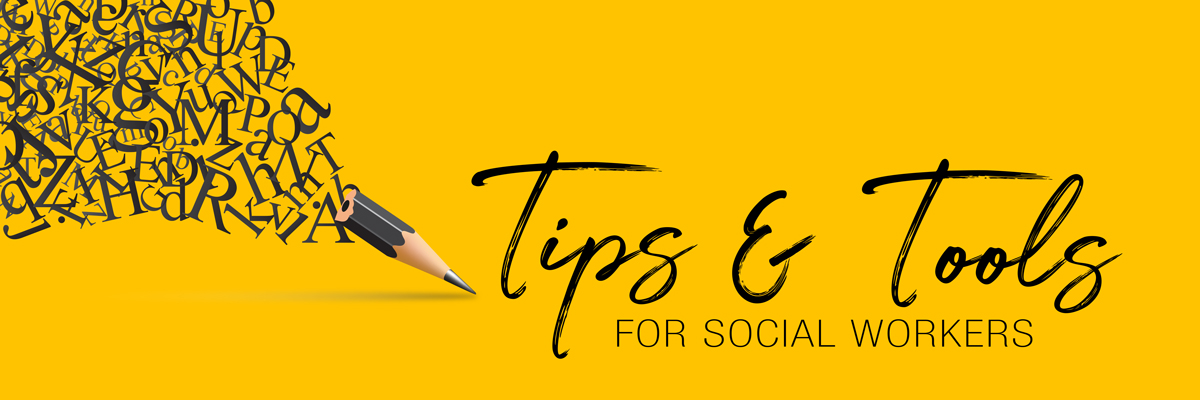
Social Workers & Health Equity Services in the 2024 Physician Final Rule:
Frequently Asked Questions about CHI, PIN, & SDOH Risk Assessment Services
Carrie Dorn, MPA, LMSW, Senior Practice Associate, Health
Chris Herman, MSW, LICSW, Senior Practice Associate, Aging
May 2024
On November 2, 2023, the Centers for Medicare & Medicaid Services (CMS) released the final rule for the 2024 Medicare Physician Fee Schedule (CMS–1784–P). The 2024 Physician Fee Schedule details services to address health equity and health-related social needs available to Medicare beneficiaries.
- Social Determinants of Health (SDOH) Risk Assessment- SDOH Risk Assessment is a comprehensive social history, using a standardized evidence-based tool, for patients who may have unmet social needs that affect the diagnosis and treatment of a condition.
- Community Health Integration (CHI) Services- CHI services address unmet social needs/social determinants of health that present barriers to the diagnosis and treatment of a patient’s identified medical issue.
- Principal Illness Navigation (PIN) Services- PIN services help individuals who are diagnosed with a high-risk condition that is expected to last for at least 3 months and presents a significant risk for hospitalization, functional decline, or death (such as cancer, chronic kidney disease, HIV/AIDS, severe mental illness, and substance use disorder). Patients may or may not have identified social needs and would benefit from supportive services and resources.
Can social workers perform these services?
Yes. SDOH Risk Assessment, CHI services, and PIN services may be delivered by social workers under the general supervision of physicians or other qualifying billing practitioners such as nurse practitioners, clinical nurse specialists, certified nurse-midwifes, physician assistants, and clinical psychologists.
As auxiliary personnel, social workers may perform these services “incident to” a physician or billing provider. Incident to services are explained in the NASW resource Incident to Billing for Clinical Social Workers. Health care and community-based organizations may engage social workers at different levels to perform these services when meeting incident to requirements and conditions of payment outlined by Medicare.
Can social workers be reimbursed for these services?
No. Social workers cannot be reimbursed independently for these services. NASW has advocated, without success, for social workers to be able to seek independent Medicare reimbursement for the provision of SDOH Risk Assessment, CHI services, and PIN services rather than billing incident to a qualified practitioner. NASW is continuing its advocacy in this area.
Why weren’t social workers named in the 2024 final rule?
Social workers are already considered auxiliary personnel with the ability to perform incident to services in Medicare. The final rule named community health workers, care navigators, patient navigators, and certified peer specialists to establish the ability of these groups to perform CHI and PIN services beginning in 2024. This final rule does not change the status of social workers as auxiliary personnel.
In which settings can the services be used?
These services are available to Medicare Part B beneficiaries in facility settings (for example, a hospital-based outpatient clinic) and non-facility settings (for example, an independent medical practice). They are intended for use with practitioners who establish an ongoing treatment relationship with patients, namely in outpatient settings where there is continuity of care. In addition, incident to services can only be used by physicians and practitioners who have established the ability to bill for services performed by auxiliary personnel according to Medicare regulations.
SDOH Risk Assessment must be used in conjunction with a visit provided by a billing practitioner such as an evaluation and management (E/M) service. The initiating visit for CHI and PIN services must be performed by the billing practitioner who will see the patient regularly for follow up care. CMS has clarified that inpatient/observation visits, emergency department (ED) visits, and skilled nursing facility (SNF) visits, do not typically serve as initiating visits. SDOH Risk Assessment may be provided in conjunction with hospital discharge visits if social needs, such as housing instability, present barriers to safely discharge and transition the patient.
In the 2024 final rule, CMS permits auxiliary personnel who deliver CHI and PIN services to be from an external community-based organization that has contracted with a billing practitioner. External personnel and organizations that perform CHI and PIN services should have clinical integration with the billing Medicare provider or practice.
Where can I find out more about the new services?
Resources to consult include:
- CMS 2024 Medicare Physician Fee Schedule Final Rule